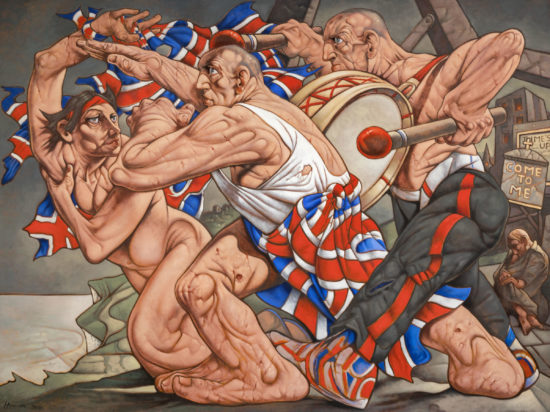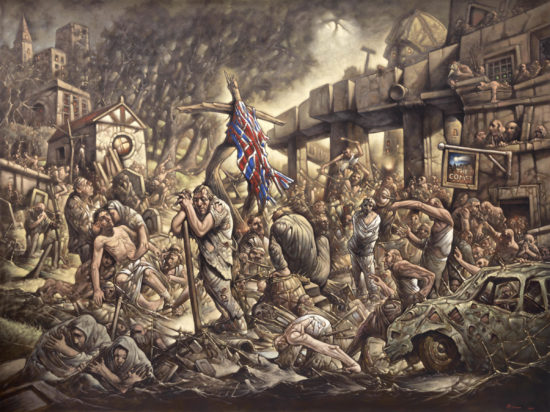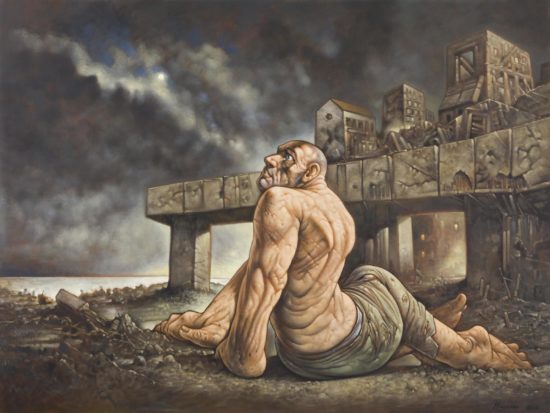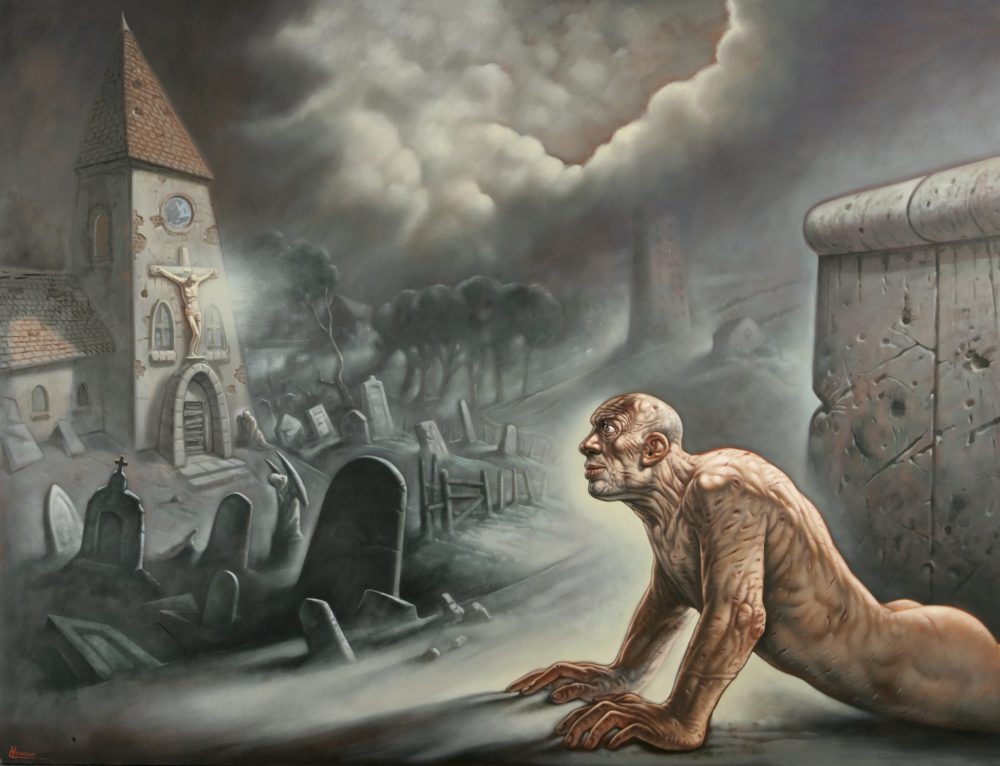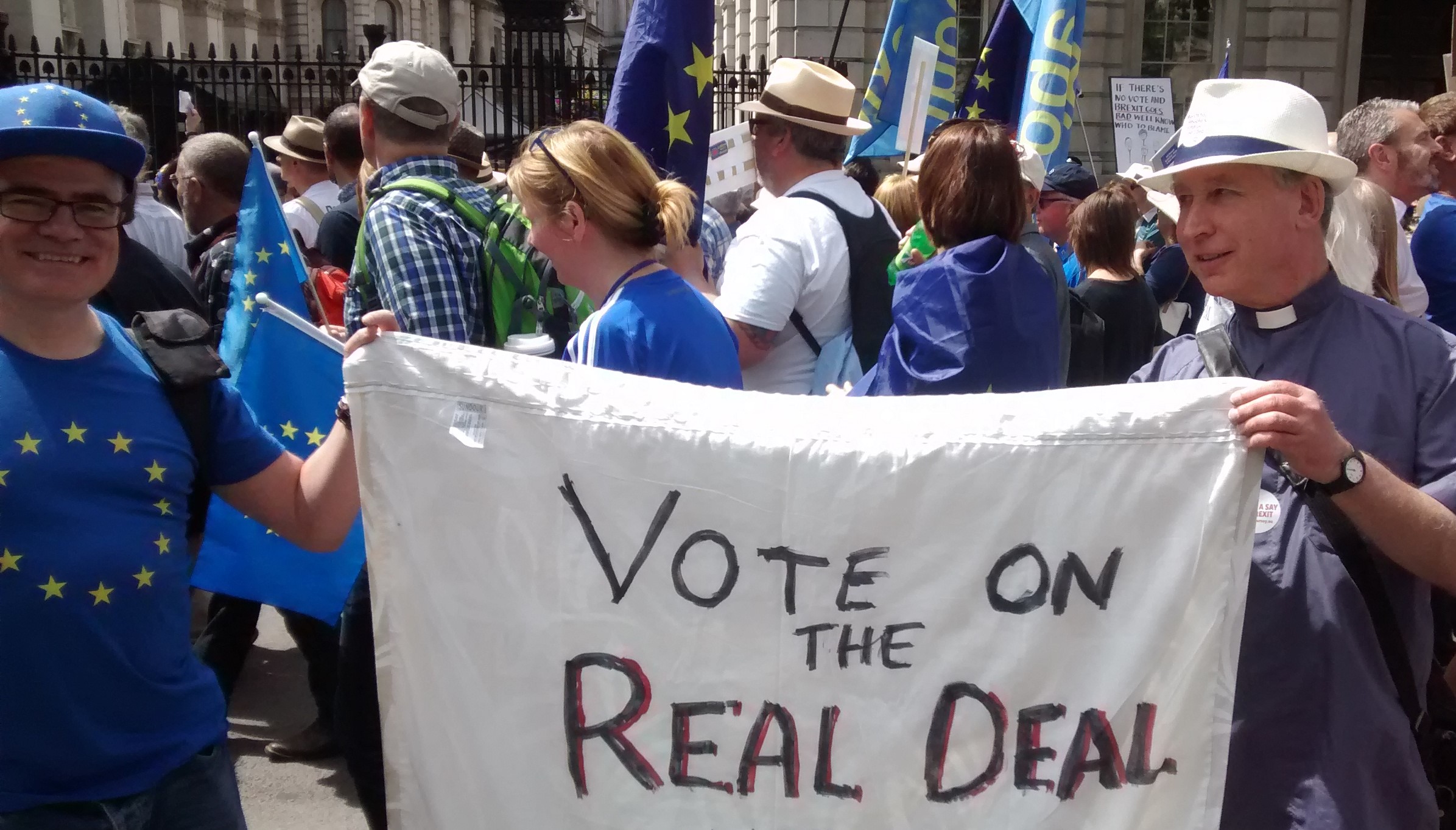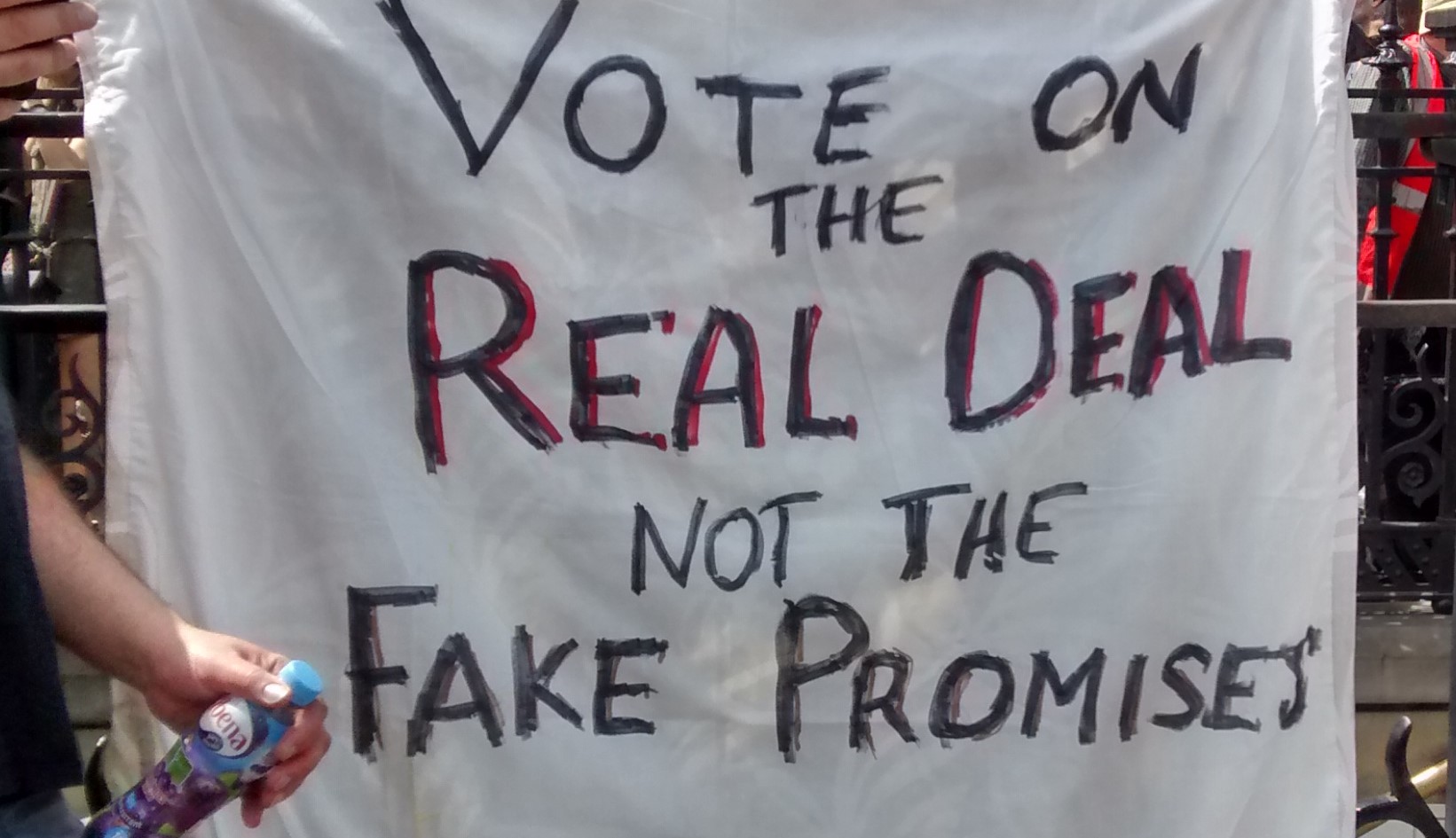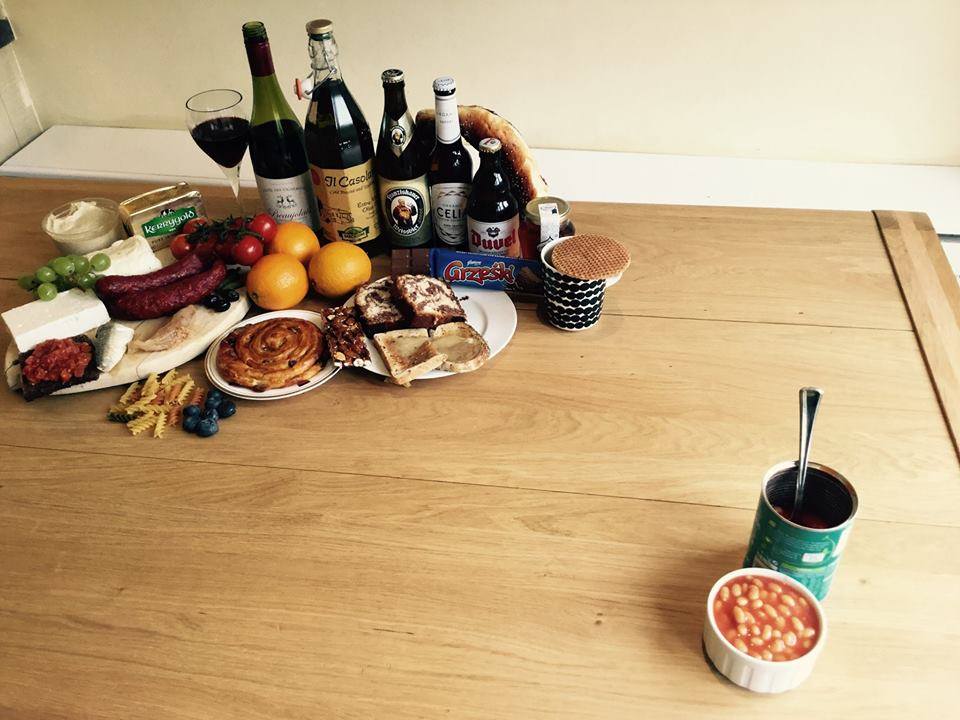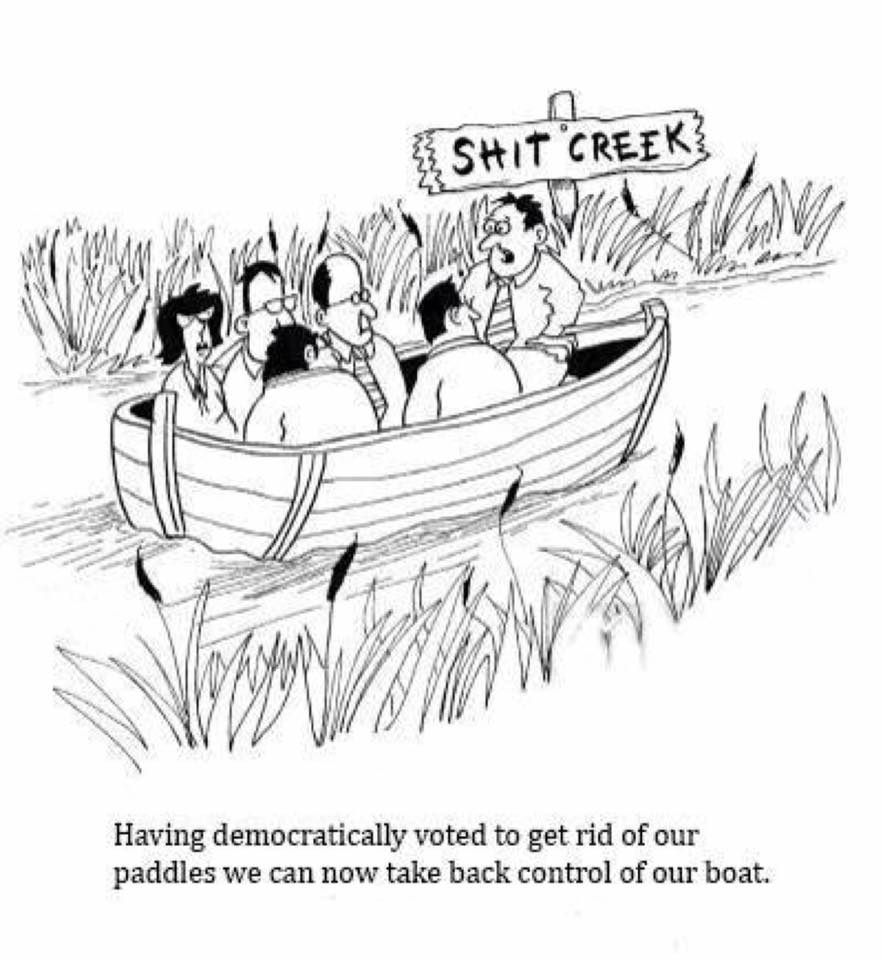Is God surprised at Global Warming?
The good kind wise Creator must have known that humans would discover coal and oil and gas, which, either indirectly or directly, He had caused to be there. The Biblical good Creator has a particular love for humans, uniquely made in His image, uniquely honoured by His Son becoming fully human, uniquely purposed to become His beloved children. This Creator must have made fossil fuels available to humans, and helped them to understand how to use fossil fuels, and been pleased at human lives made better by the use of fossil fuels. This Creator must have known that large scale burning of fossil fuels would raise the Earth’s temperature. Far from being surprised at Global Warming our Creator must have foreseen it and therefore taken it into account when creating.
Creation is adaptable. This is probably the chief lesson of evolution. The survivors are not the biggest and the strongest. The dinosaurs do not survive. The survivors are the most adaptable. Creatures are made with an in-built ability to produce variants. Some of these variants survive better, especially in a changing environment. Through the God-given ability to produce variants, creatures adapt. (For examples of natural adaptability see Climate Change: Stop Catastrophising | Rogerharper’s Blog (wordpress.com) )
Add together:
- The foreknowledge of the Creator
- The ability of creation to adapt
- The continuing influence of the Creator
This gives us
The belief that creation can and will adapt to Climate Change.
Is God taken aback by selfish human use of fossil fuels?
Our Creator knew too that humans have a strong selfish streak: ‘Mine, mine, mine!’ ‘More, more, more!’ With fossil fuels, as with everything else, the rich would benefit more than the poor. Much would be burnt at speed and without heed of wider consequences. This too was known, at least as a possibility, to the Creator and He created with this in mind too.
Not that the Creator planned, nor wanted, this fossil fuel frenzy. His plan has always been that humans will be selfless wise stewards of creation, looking to Him, as loving children, for guidance and approval. This grand plan was destroyed aeons ago. Now our Creator keeps having to respond to our latest selfish, careless, heedless, behaviour and to make good come out of it anyway.
As Love, our Creator never insists on his own way. He never dictates nor coerces. He responds to humans freely choosing, leaving us to make our own mistakes. Life as we know it, does not work out according to a grand meticulous divine blueprint. This is indicated in Jeremiah 29:11, ‘ For I know the plans I have for you, says the Lord, plans for welfare and not for evil, to give you a future and a hope.’ Not one plan but many plans. The grand aim remains the same, to give us a future and a hope. (Some translations read ‘a future with hope’ or ‘the future you hope for.’ In context I think it is more likely to be the future He hopes for, close to our deepest desires.} The plan of how to achieve that aim keeps changing. We ruin Plan A, then Plans B C D E F and G, so plan H is implemented. God knows how many plans are needed or will be needed! Literally, He knows, because He alone knows all the possibilities at any given moment and how they can work out. If a human Sat Nav system can map out a new route, to the same destination, every time we make a wrong turn, the Creator is even better, quicker, wiser, at mapping out our new plan. (Technically this view is called ‘Open Theism.’)
Our Creator is adaptable, especially to human behaviour, including bad behaviour. He always has a way of bringing good out of the worst we can do. Jesus stated ‘He causes his sun to rise on the evil and the good, and sends rain on the righteous and the unrighteous.’ (Matthew 5:25)
These words echo the promise given by our Creator at the end of the parable of the flood in Genesis 8: ‘Never again will I curse the ground because of humans, even though every inclination of the human heart is evil from childhood. And never again will I destroy all living creatures, as I have done.22 “As long as the earth endures,
seedtime and harvest,
cold and heat,
summer and winter,
day and night
will never cease..’
Our Creator enables all people to live on our planet, whether we are good, kind and responsible or whether we are selfish, exploitative and careless. He will never allow our planet to become uninhabitable.
Our Creator also knows and tells us, through Jesus and the Bible, that our lives are much better when we recognise, admit, learn from, our selfish, exploitative, careless, mistakes. Our Creator won’t take responsibility away from us, but, when we acknowledge our responsibility for our mistakes, and look to Him to sort out the mess that we have made, He will make a new plan for our good, hopeful, future. Without our confessing and asking, some consequences of our careless behaviour will work themselves out. With our confessing and asking, our Creator and Redeemer will heal all that we cannot heal and put us on a new path to our good future. When we sense a disastrous future because of our mistakes, we have to not panic, to own up to what we have done which we now regret, to ask for and trust that a good future is still possible because we still have a good loving Creator.
Our confessing should not be in words only but in action. Regret that does not lead to changed behaviour is shallow, irresponsible. Regret expressed in words and in deeds is best. Such regret best enables our Creator to develop, work out, implement the next plan He has for us. Our Creator is never surprised by the messes we make. He already has a way of clearing them up, ‘redeeming’ them in theological language. He can still reach his aim of giving us a good, hoped-for, future. He only needs our responsible cooperation, our admitting that we are responsible for not cooperating with Him in the past, and our determining, in word and action, to cooperate more with Him in future.
Without facing up to our selfish human use of fossil fuels, we, and all creation, are likely to survive, thanks to our adaptability and to our good, foreseeing, kind Creator. With facing up to our selfish use of fossil fuels, we, and all Creation, are likely to thrive, to adapt better, to be led into new discoveries and abilities for the changed climate.
The good news is that we have been facing up to selfish human use of fossil, fuels, and we are changing our ways. Making more use of renewable energy is good for us and for all Creation. Fossil fuels will eventually run out and if we can slow down the rate of Climate Change, we will avoid more suffering. We are acknowledging our human exploitation, not only in words but also in deeds. Our Creator will work with us towards our good future.
Faith in the Creator, the God of Jesus and of the Bible, gives us reason to repent and change our ways. The same faith gives us reason not to catastrophise.
Therefore
- Don’t be afraid! The most common command in the Bible, reputedly given 365 times. Don’t be afraid of change. Change in churches always leads to unwarranted fear in a good number of people who see disaster ahead. In reality, change in churches and everywhere means some things are lost and some are gained. Climate Change is no different.
- Talk of Climate Change, not of Crisis, especially not Catastrophe.
- Talk about how we will need to adapt, including the need for a good number of people to migrate, with as little pain as possible.
- Be generous to all who are at the sharp end of Climate Change now.
(More detail at Climate Change: Stop Catastrophising | Rogerharper’s Blog (wordpress.com) )



